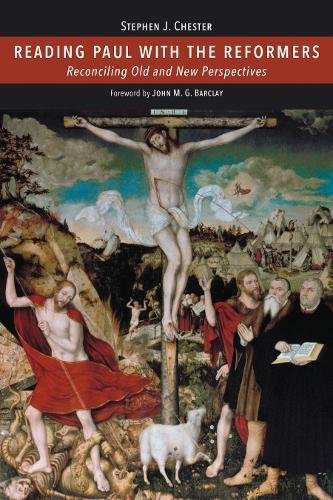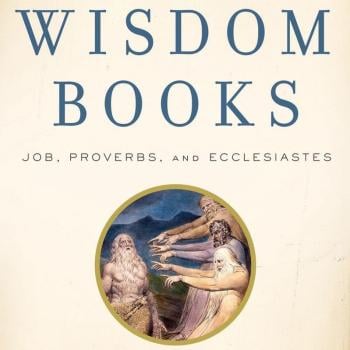Ben. Have you read Chad Thornhill’s excellent book The Chosen People? In it he shows how Paul should be situated within the early Jewish discussion of election, which is one thing, and salvation which is another. Election is a corporate concept ‘in Israel’ and then ‘in Christ’ and does not guarantee the salvation of particular individuals. And furthermore, often election is just about being chosen for a particular historical purpose like Cyrus ‘my anointed one’ in Isaiah. It says nothing about the final salvation of that person. I think both the Reformers and various members of the NPP are far too indebted to the general Reformation tradition on election, and not in touch with the Jewish nuances of Paul’s language at various points. Even Sanders, as you point out, reads Judaism through the Pauline lens of sin and grace, getting in and staying in, when in fact Judaism not only talks about covenantal nomism, it talks about actual righteousness as a basis for one’s resurrection etc. (see Dan. 12.1-3). In other words, we still haven’t done a good job, even with the help of Sanders, of appreciating the actual views of early Jews on these matters, including Paul, and including on the issue of salvation and grace? How would you respond, and how would the Reformers respond?
Stephen. I haven’t read Chad’s book, but now it’s on my list. I will look forward to it. I think I would want to acknowledge that, for example, Romans 9-11, is indeed primarily about corporate election. Treatments more focused on individual election than they are on the election of Israel are missing the main point of Paul’s argument, and, although I have not worked to any extent on Reformation interpretations of Romans 9-11, I am pretty sure that I would find some of them unsatisfactory in this respect. However, in the course of making his argument in Romans 9-11 Paul says things that (i) concern individuals, and (ii) goes on to use language that seems to be about final salvation. I am not sure that we can legitimately put up a firewall between individual and corporate election or between election and final salvation, even if election is broad category involving much more than the question of the final salvation of individuals.
On the relationship between sin and grace then I am in agreement with John Barclay’s recent work in Paul and the Gift where he argues that an emphasis on grace is endemic in Second Temple Judaism but that Paul has a distinctive perspective on grace which emphasizes its incongruity in a way that other Jewish sources do not.















